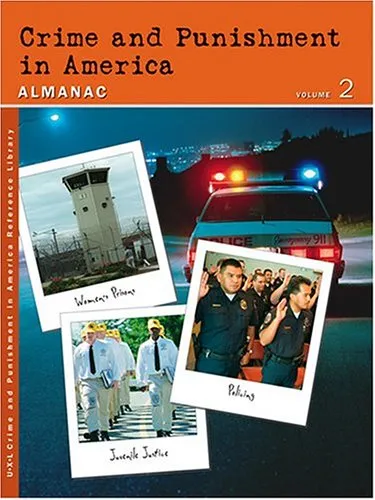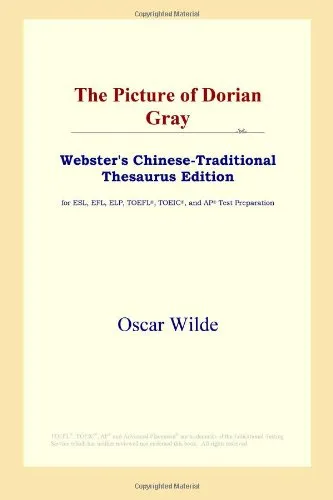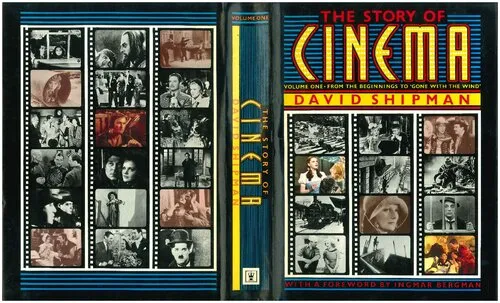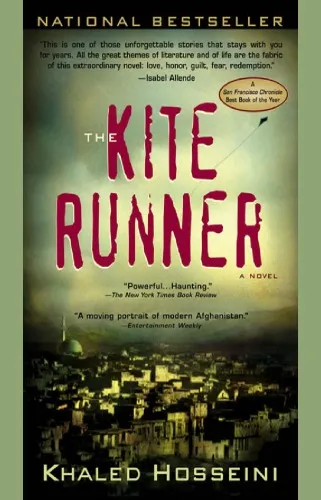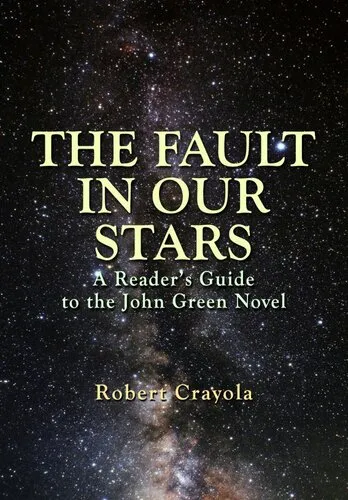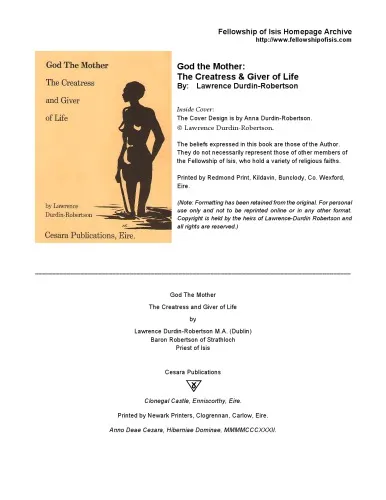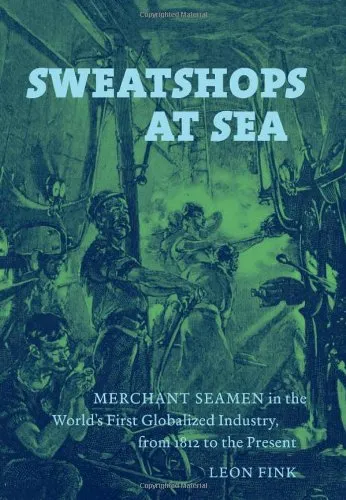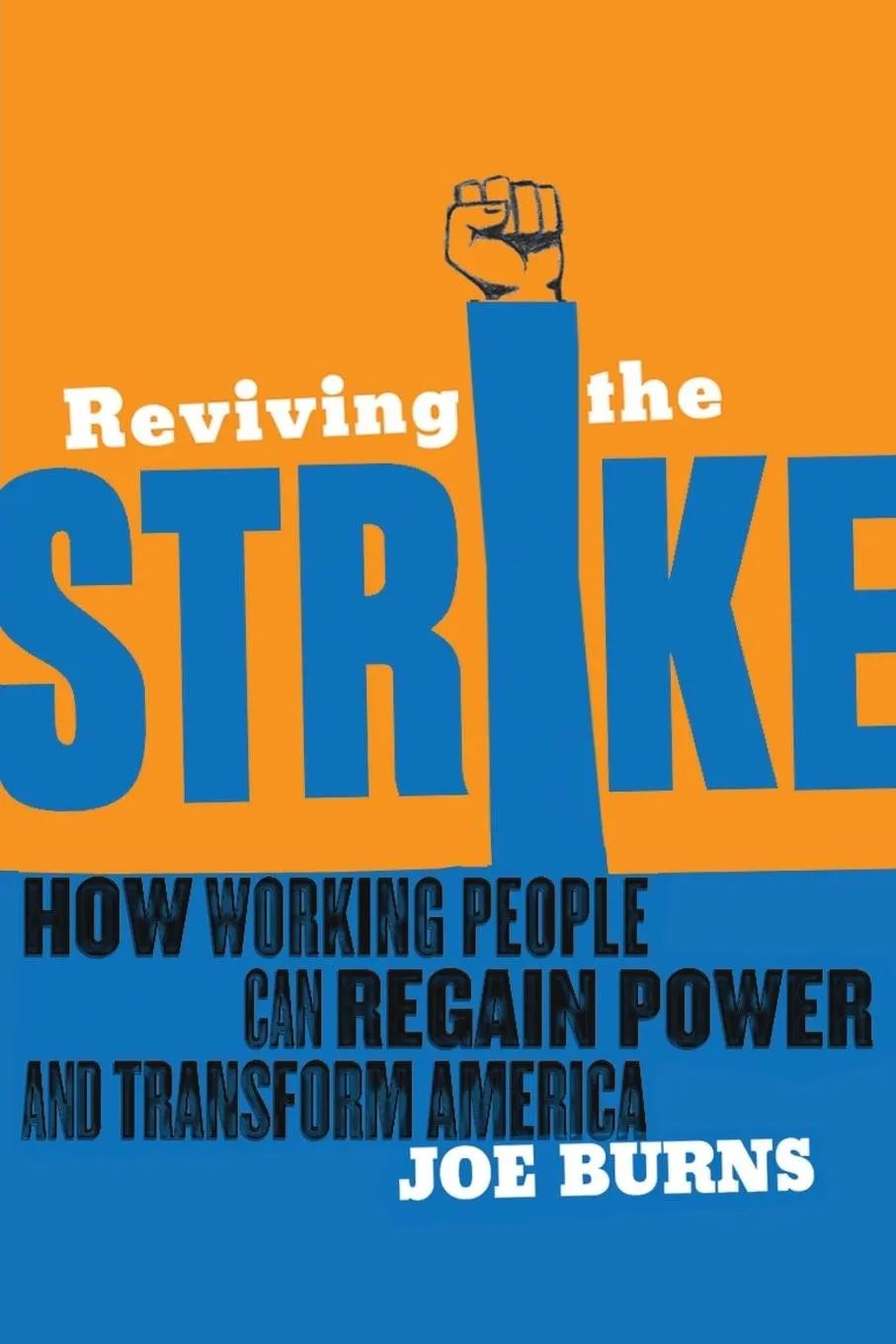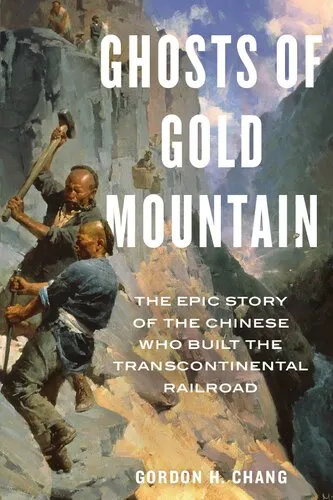The Jungle
3.8
Reviews from our users

You Can Ask your questions from this book's AI after Login
Each download or ask from book AI costs 2 points. To earn more free points, please visit the Points Guide Page and complete some valuable actions.Related Refrences:
Introduction to "The Jungle"
Written by Upton Sinclair, "The Jungle" was first published in 1906. Though considered a work of fiction, it is bound deeply with historical truths that chronicled the difficult lives of immigrants in the United States during the early 20th century. This novel became a significant tool in social reform, stirring public outcry that eventually led to legislative changes.
Detailed Summary of the Book
Set in the meatpacking industry of Chicago, "The Jungle" portrays the harsh realities faced by immigrant workers who were subjected to appalling working conditions, unscrupulous practices, and unsanitary environments. The protagonist, Jurgis Rudkus, is an optimistic Lithuanian immigrant who comes to America with his family, seeking a better life. However, their dreams are gradually crushed by the brutal and exploitative capitalist society. The novel paints a grim picture of the labor exploitation and social injustices rampant during this era, highlighting the gap between the American Dream and the American reality experienced by millions of immigrants.
Key Takeaways
- Exploitation of immigrant workers during the Industrial Revolution.
- The need for regulatory reforms in industries to ensure consumer and worker safety.
- Impact of laissez-faire capitalism on poverty and social inequality.
- The strength of the human spirit and the role of solidarity among oppressed communities.
- The potential of literature to inspire societal and legislative change.
Famous Quotes from the Book
"I aimed at the public's heart, and by accident I hit it in the stomach."
"In the jungle... the strong devoured the weak, and then the strongest devoured each other."
Why This Book Matters
Upton Sinclair’s "The Jungle" holds significance due to its immense impact on public consciousness and policy. The vivid and shocking depiction of the meatpacking industry led to a national uproar, influencing the passage of the Pure Food and Drug Act and the Meat Inspection Act in 1906. Through its focus on the plight of immigrant workers, the novel shed light on systemic injustices, urging readers to reevaluate the social and economic systems of the time. The book remains a powerful reminder of the need for ongoing vigilance in protecting human rights and maintaining ethical standards within industries. Sinclair's work continues to resonate because of its deep commitment to social justice, serving as a critical text in understanding the complexities of economic exploitation and immigrant struggles in America.
Free Direct Download
You Can Download this book after Login
Accessing books through legal platforms and public libraries not only supports the rights of authors and publishers but also contributes to the sustainability of reading culture. Before downloading, please take a moment to consider these options.
Find this book on other platforms:
WorldCat helps you find books in libraries worldwide.
See ratings, reviews, and discussions on Goodreads.
Find and buy rare or used books on AbeBooks.
1366
بازدید3.8
امتیاز0
نظر98%
رضایتReviews:
3.8
Based on 0 users review
Questions & Answers
Ask questions about this book or help others by answering
No questions yet. Be the first to ask!

